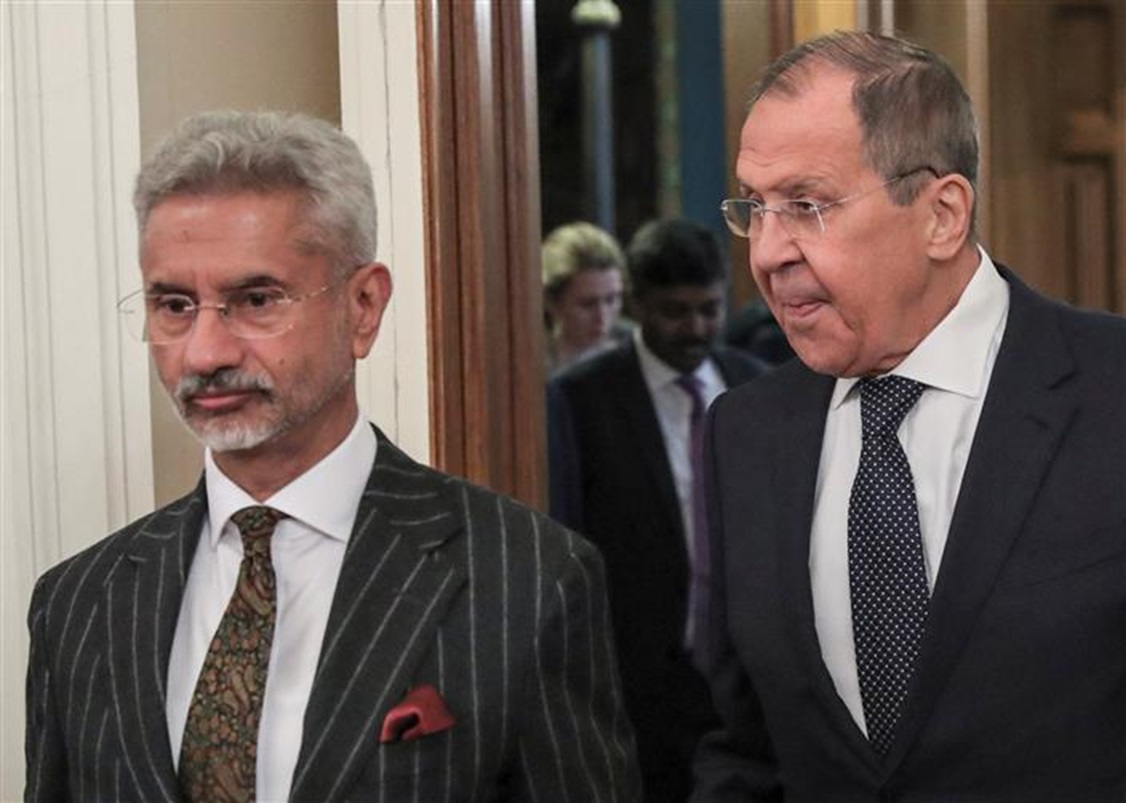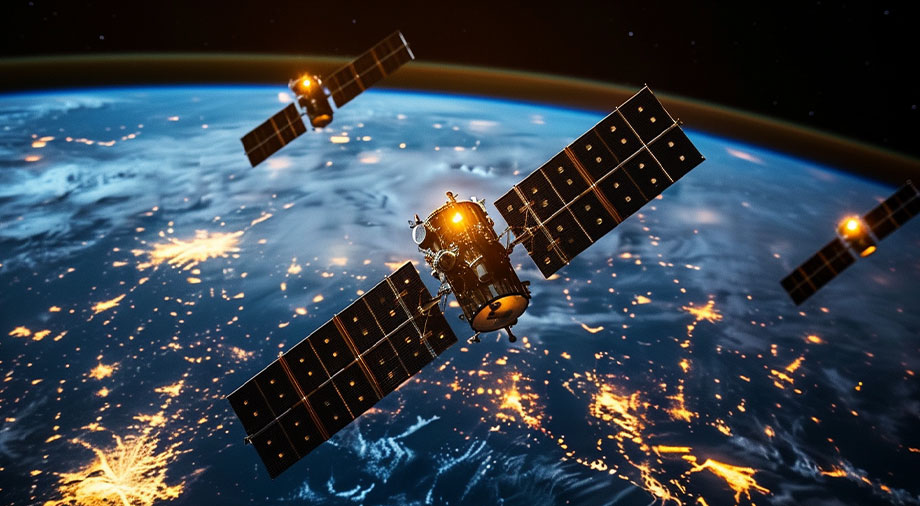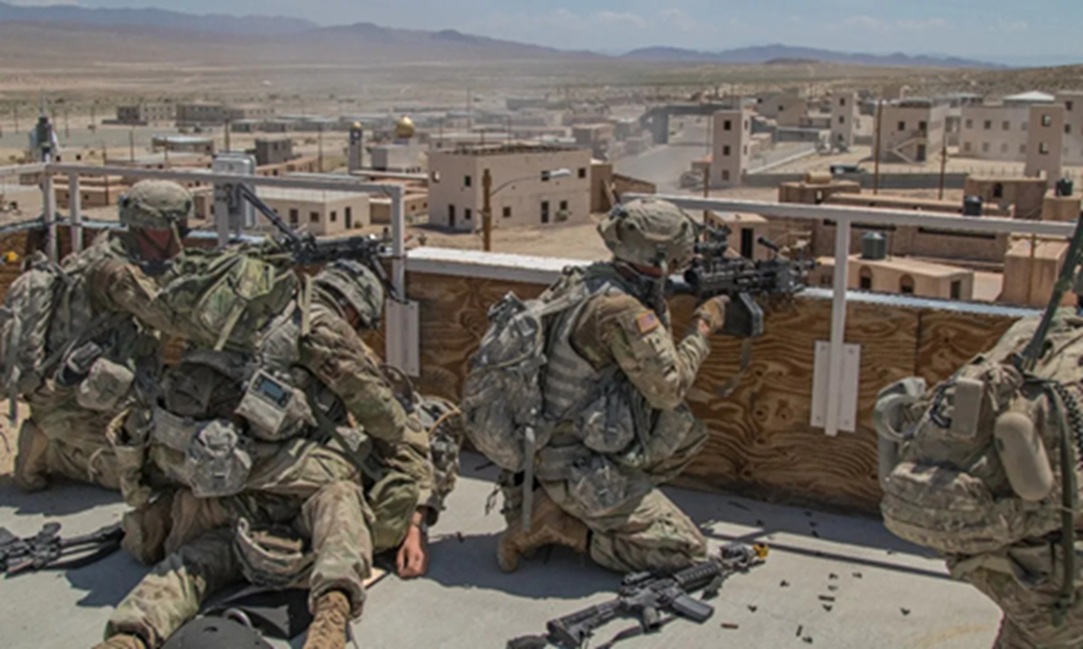India’s External Affairs Minister Jaishankar recently visited Moscow and had meetings with the Russian Foreign Minister Sergey Lavrov, Deputy Prime Minister Denis Manturov and the Russian President Vladimir Putin. India Russia ties remain immune to the prevailing geopolitical situations across the globe.
This visit of India’s foreign minister to Moscow, is noteworthy in the context of India Russia ties, expanding beyond the two countries’ unique and strategic cooperation. This visit highlights the continued attempts to deepen bilateral ties, which have been visible since President Putin visited India in 2021, during which further elevation of their alliance was suggested. The recent visit of India’s foreign minister, Jaishankar, to Moscow, is noteworthy in the context of India-Russia ties, expanding beyond the two countries’ unique and privileged cooperation. This visit highlights the continued attempts to deepen bilateral ties, which have been visible since President Putin visited India in 2021, during which further elevation of their alliance was suggested1.
The visit demonstrated the two countries’ thriving political and commercial ties, despite headwinds from Russia’s war in Ukraine and the sanctions imposed by the West over the last two years. It also featured a meeting with Russian President Vladimir Putin, an unusual departure from Kremlin protocol.
While the annual summit between President Putin and Prime Minister Modi could not take place in 2022 and 2023 due to the Ukraine conflict and India’s G-20 leadership, meetings of other top-level functionaries resumed. Putin has now asked Prime Minister Modi to attend the annual meeting in Moscow in 20242.
Bilateral Discussions
In a comprehensive overview, Lavrov, the Russian Foreign Minister, thoroughly examined the international landscape and contemporary issues, encompassing a range of topics such as the Indo-Pacific region, the conflict in Ukraine, the situation in Gaza, Afghanistan, and Central Asia, as well as multilateral platforms such as BRICS, SCO, G20, and the UN. Additionally, bilateral matters including economic cooperation, energy trade, connectivity efforts, military-technical cooperation, and people-to-people exchanges were also discussed.
During these discussions, Russia acknowledged and valued India’s perspectives on various matters. Regarding Ukraine, Lavrov3 specifically highlighted that India’s approach demonstrated a responsible stance, grounded in its national interests and a commitment to fostering equitable international cooperation. This recognition underscores India’s conscientious approach to regional and global issues, emphasizing the importance of maintaining a balance between its interests and the pursuit of fair collaboration on the international stage.
Three papers involving the Kudankulam Nuclear Power Plant, an MoU on pharmaceuticals and healthcare partnership, and a Protocol on Foreign Office Consultations were also inked.
Going strong
India-Russia ties have remained strong and consistent, based on strategic convergences, geopolitical interests, and mutually beneficial collaboration. During the visit, considerable attention was paid to collaboration in space programs, rocket engines, satellite navigation systems, and military hardware. Notably, Lavrov stated that “Russia is ready to produce military equipment under the “Make-in-India” initiative,” expressing the Russian perspective that it respects India’s desire to diversify its military ties. Both the cooperative manufacture of new weaponry and technical-military cooperation saw significant advancements4.
Currently, India is awaiting the delivery of three of the five Almaz-Antey S-400 Triumf self-propelled surface-to-air (SAM) missile systems; four frigates under the Admiral Grigorovich Project 1135.6M, two of which will be built by Goa Shipyard Limited through a technology transfer from Russia; and the potential lease of one more Project 971 “Akula” (Schuka-B) class nuclear powered submarine (SSN) for approximately $3 billion, which was originally planned to be delivered to the Indian Navy (IN) by 2025. Despite significant advance payments for the 2019 contract having been made, this latter charter is still risky due to several regional construction issues and sanctions-related complications, industry officials say, and it may be abandoned if it hasn’t already been. India also anticipated receiving a variety of Russian missiles, including man-portable Very Short Range Defence Systems (VSHORADS) and several other types of munitions5.
Trade and Connectivity
The topic of connectedness as a means of promoting commerce was thoroughly examined, encompassing the Northern Polar Route, the Chennai-Vladivostok Maritime Corridor, and the International North-South Transport Corridor (INSTC). Operationalization of the INSTC and Chennai-Vladivostok Economic Corridor has become crucial given the challenges encountered in the development of the India-Middle East Economic Corridor6. India is likewise considering using the Polar route for commerce. According to Jaishankar, connectivity activities are co-organized by Russia and India over land and sea channels.
During their conversation, Jaishankar and Deputy Prime Minister Manturov talked about bilateral economic cooperation. The agreement to have an early round of the EaEU-India FTA discussions was reached after the two parties concluded their cooperation program in the Far East. Additionally, India drew attention to the disparity in bilateral trade. A list of procedures has been provided about the payment issue. It is anticipated that a meeting will occur in January7.
Take Away
A total of 21 yearly conferences have so far been held alternately in Russia and India. December 2021 was the last summit held in New Delhi. Russia and India continued to have close ties despite Moscow’s invasion of Ukraine. India has insisted that diplomacy and communication are the only ways to address the situation and has not yet denounced Russia’s invasion of Ukraine.
One noteworthy aspect of the connection between Russia and India is that, despite worldwide shifts in strategic equations and ups and downs in bilateral ties, the partnership has not only remained stable throughout time but has even become stronger. Defying fears of friction due to India’s expanding connections with the US and membership in the Quad, this visit demonstrated the continued resilience of the relationship between Russia and India.
Disclaimer: The views and opinions expressed by the author do not necessarily reflect the views of the Government of India and Defence Research and Studies
Title image courtesy: Air Power Asia
References
1. Pradhan, S. (2023, December 28). Significance of Indian foreign minister’s Moscow visit: Moving beyond
India-Russia special and privileged pa. Times of India Blog.
https://timesofindia.indiatimes.com/blogs/ChanakyaCode/significance-of-indian-foreign-ministers-moscow-visit-moving-beyond-india-russia-special-and-privileged-partnership/
2. Jazeera, A. (2023, August 29). Putin confirms G20 absence to Modi, congratulates India on moon landing. AlJazeera. https://www.aljazeera.com/news/2023/8/29/putin-confirms-g20-absence-to-modi-congratulates-india-on moonlanding#:~:text=The%20Russian%20president%20speaks%20to,including%20trade%20and%20economic%20cooperation.&text=Russian%20President%20Vladimir%20Putin%20will,Narendra%20Modi’s%20office%20has%20said.
3.Tamkin, E. (2023, December 27). India’s Top Diplomat Visits Russia. Foreign Policy.
https://foreignpolicy.com/2023/12/27/india-russia-jaishankar-visit-moscow-lavrov-putin/
4. Ibid
5. What Jaishankar’s Russia Visit Tells Us of India’s Defence Reliance on Moscow. (n.d.). The Wire.
https://thewire.in/security/jaishankar-russia-materiel-defence
6. P. T. O. I., & P. T. O. I. (2023, September 14). India, Russia discuss possibility of using Chennai-Vladivostok maritime route, other opportunities. Outlook Business. https://business.outlookindia.com/economy-and-policy/india-russia-discuss-possibility-of-using-chennai-vladivostok-maritime-route-other-opportunities
7. P. (2023, December 30). Jaishankar’s visit to Russia provided opportunity to further strengthen Special and Privileged Strategic Partnership: MEA. The Hindu. https://www.thehindu.com/news/national/jaishankars-visit-to-russia-provided-opportunity-to-further-strengthen-special-and-privileged-strategic-partnership-mea/article67690425.ece





